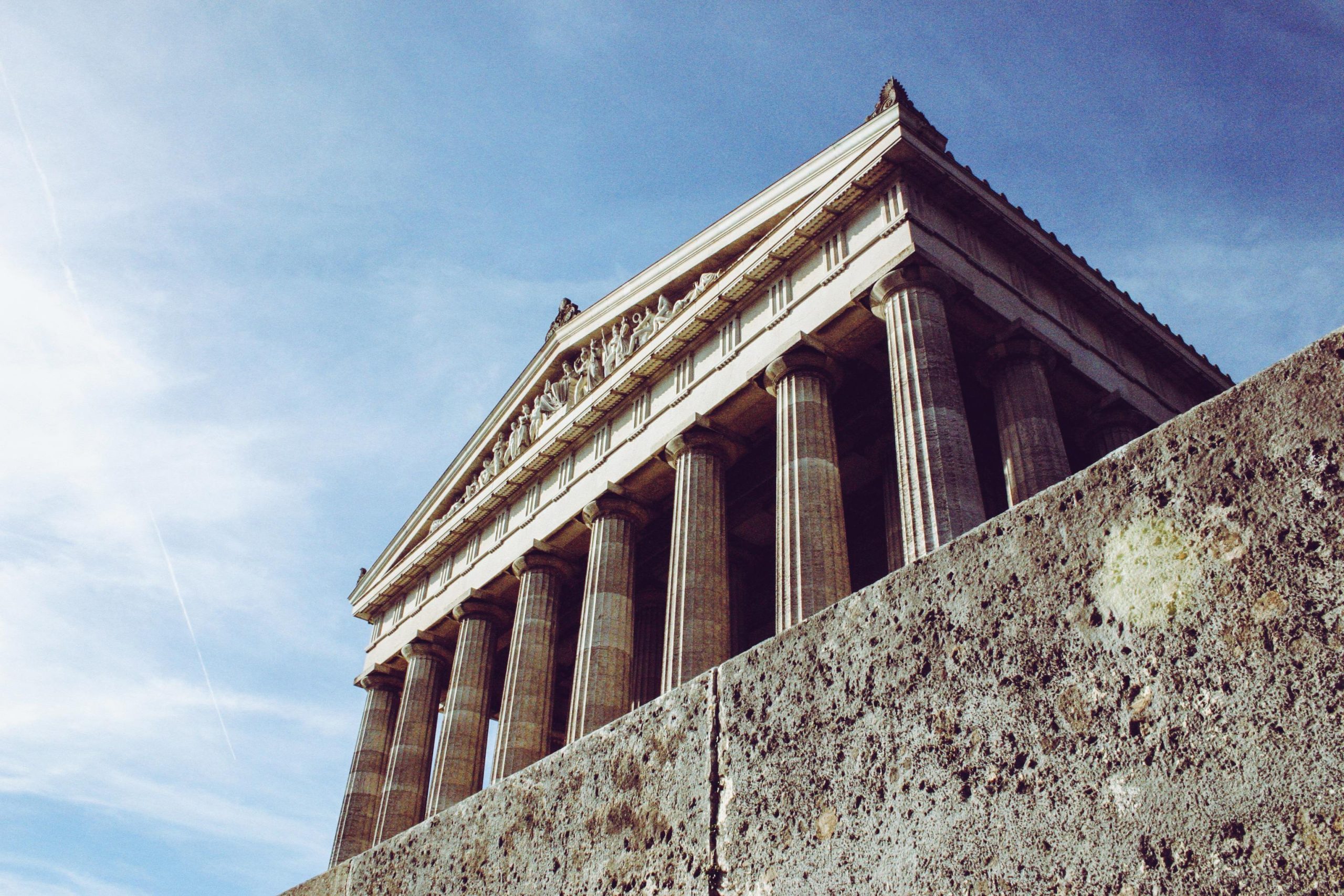The Curious Case of Elite Transparency: A Look at Their Leaked Plans
In recent discussions, a fascinating question has emerged: Why would powerful elites choose to divulge their future strategies, even when those plans appear to have dark undertones? From forecasting pandemics to predicting the rise of artificial intelligence in the job market, the trend of leaking potential future intentions raises eyebrows and invites speculation.
At first glance, one might assume that if someone harbored questionable motives, they would prefer to operate in secrecy. After all, keeping plans hidden would minimize the risk of being accused of malfeasance or allowing society to prepare for any possible fallout. The fact that these elites occasionally choose to go public with their agendas prompts deeper reflection.
Could their willingness to share insights reflect a desire to adhere to a larger ethical framework? Perhaps there’s an underlying principle at play, suggesting that they must be transparent about their intentions to avoid karmic repercussions. This notion posits that mere acknowledgment of their plans could serve as a form of accountability, wrestling with the idea that those in power have a responsibility to inform the public.
This intriguing dynamic raises many questions about power, accountability, and the future. Are these revelations strategic moves designed to gauge public reaction, or are they part of a broader commentary on emerging technologies and societal challenges? As we continue to analyze these leaks, it becomes essential to maintain a critical eye and consider the implications they hold for our collective future.
Ultimately, the interplay between transparency and secrecy remains a captivating topic worthy of deeper exploration. Do these admissions benefit the public, or are they simply a facade masking ulterior motives? As we navigate these complex conversations, let’s engage in thoughtful discourse and remain vigilant in holding the powerful accountable.



